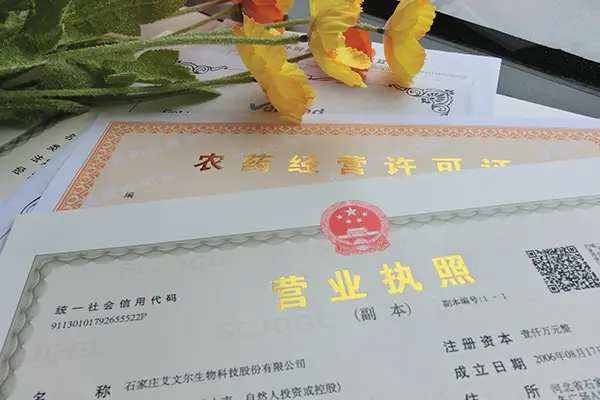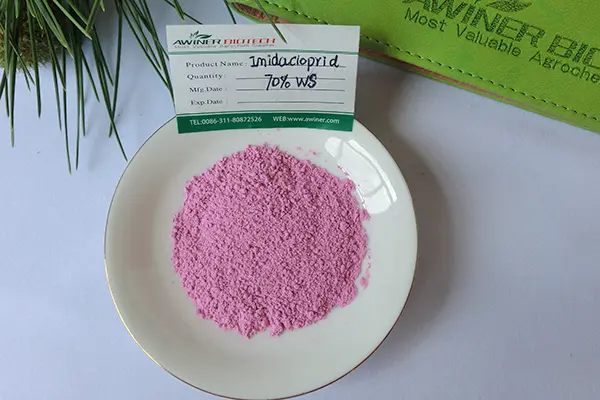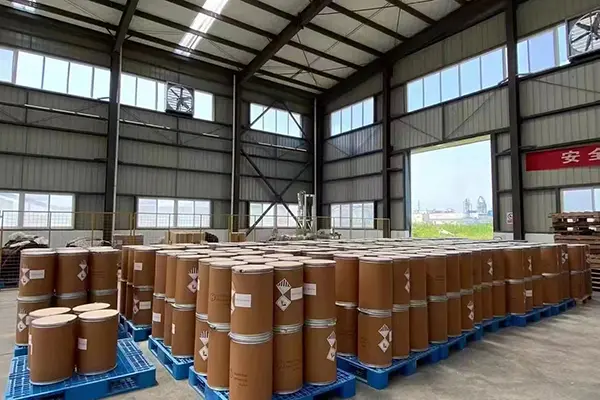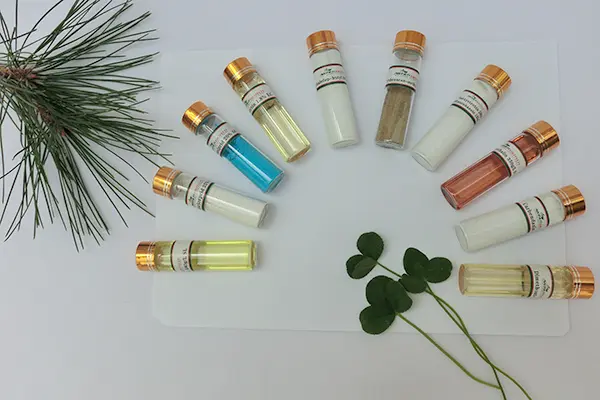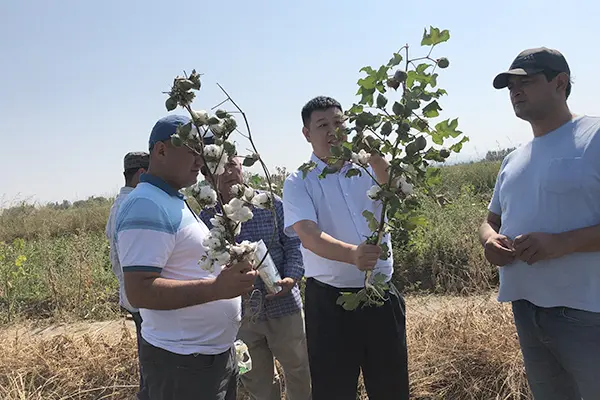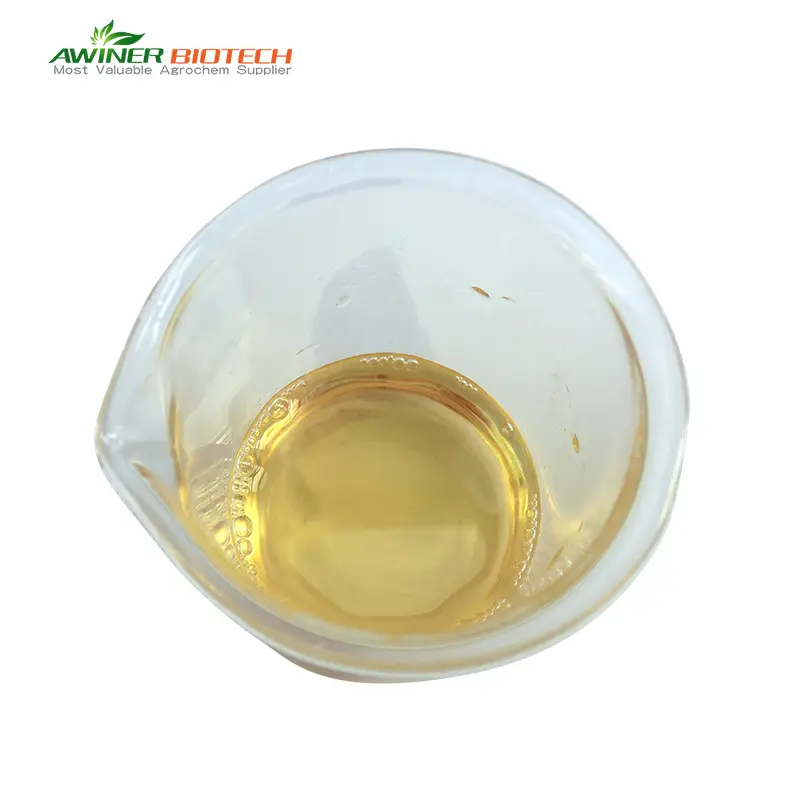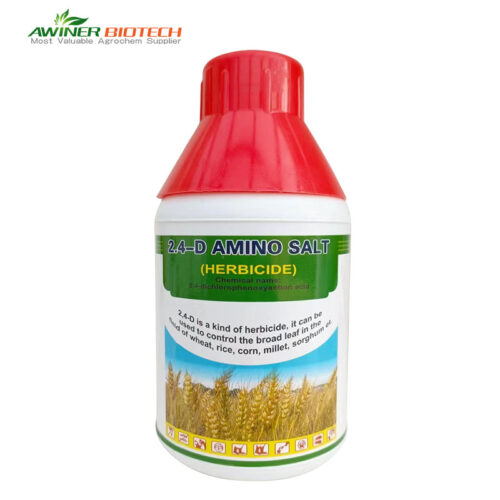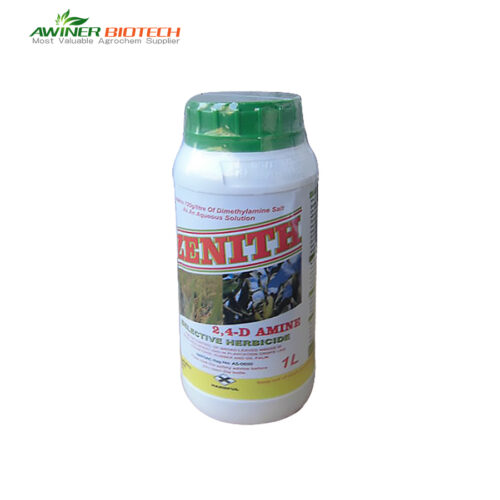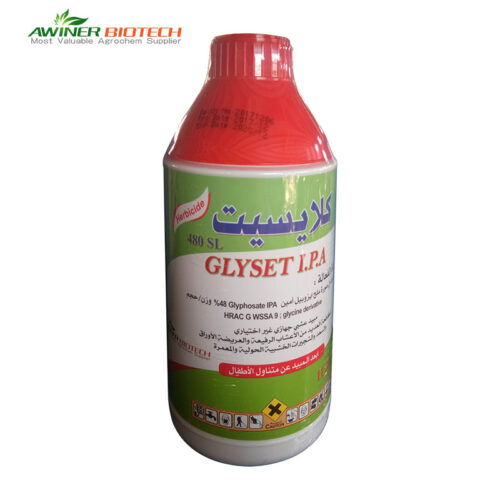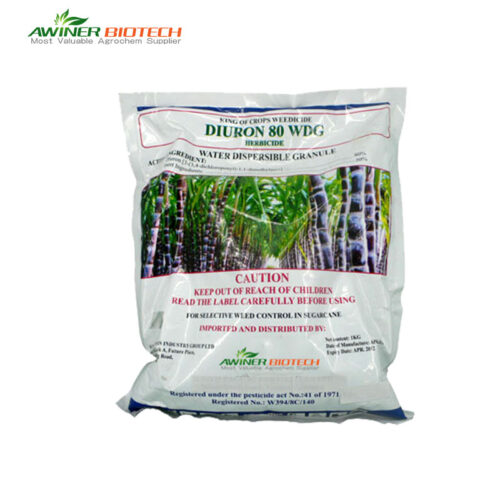Lactofen |
|
| Dosage form | 24% EC |
| Packing | Liquid:50ml、100ml、250ml、500ml、1L、5L、10L、20L Solid:10g、50g、100g、250g、500g、1kg、5kg、10kg、25kg |
| Formulation/Label | Customized |
| Sample | Yes |
| Crop-Weed | Rice field Corn field Cotton field |
| Certification | SGS、 ISO 、BV |
| Delivery time | 20-30 days |
| Mixture products | Lactofen and acifluorfen |
Lactofen is a selective pre-emergence and post-emergence diphenyl ether herbicide used for controlling broadleaf weeds in various crops including soybeans, corn, cotton, peanuts, tomatoes, rice, and grapes. Learn about its features, application methods, and safety precautions for effective and environmentally friendly weed management.
Lactofen 24 ec is a diphenyl ether herbicide, known for its selective pre-emergence and post-emergence weed control. It is commonly used in crops such as cereals, corn, cotton, peanuts, tomatoes, rice, and soybeans. Here are the main features and application methods:
Features of Lactofen 24 ec
- Selectivity: Primarily targets broadleaf weeds, with high safety for monocot crops.
- Mode of Action: The herbicide is absorbed by the stems and leaves of weeds, destroying the cell membrane and causing the weeds to wither and die.
- Broad Application: Can be used in fields of soybeans, cotton, peanuts, rice, corn, grapes, and more.
Application Method
- Soybean Fields:
- Apply post-emergence during the 2-4 compound leaf stage, when most broadleaf weeds have emerged and are less than 5 cm tall.
- Use 24% emulsifiable concentrate (EC) at a rate of 3-7.5 mL per 100 m², diluted in water and sprayed on weed stems and leaves.
- Note: Some phytotoxicity may occur on soybeans, but new leaves will grow normally.
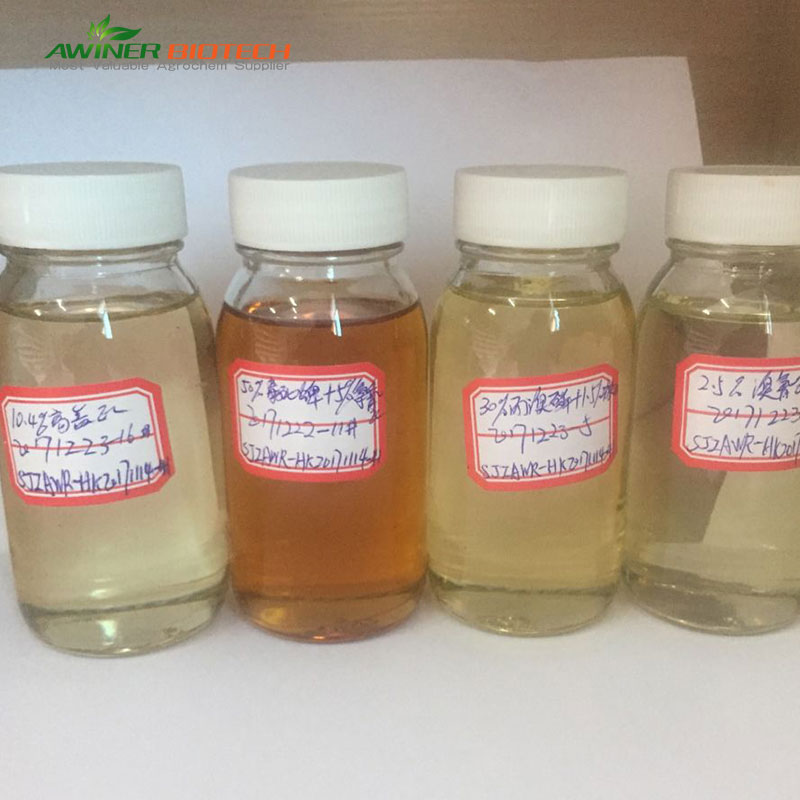 |
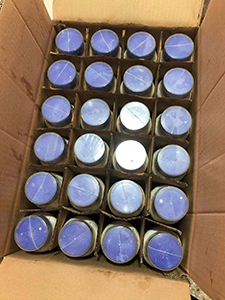 |
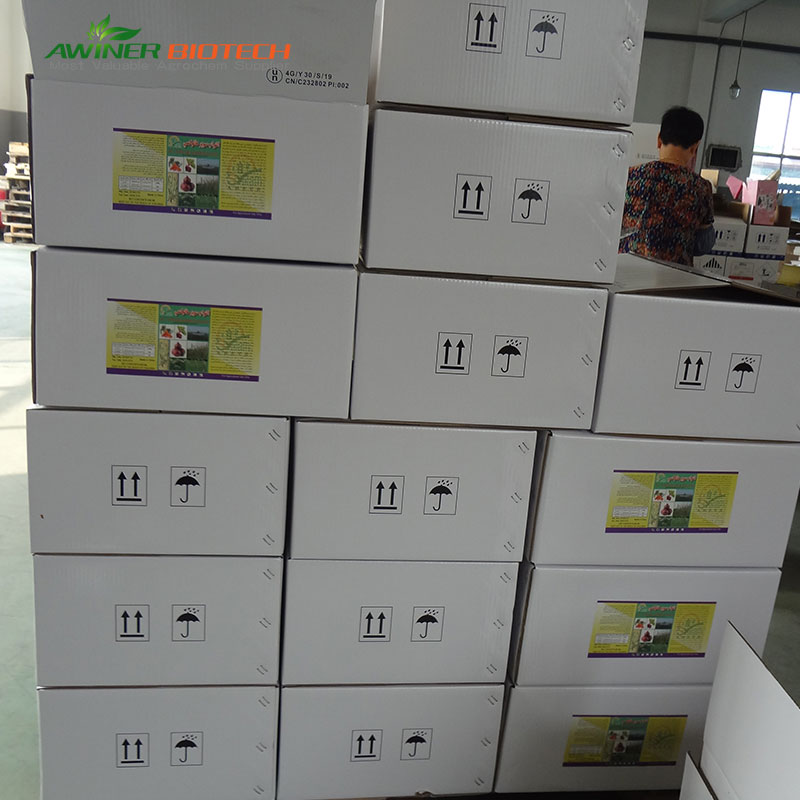 |
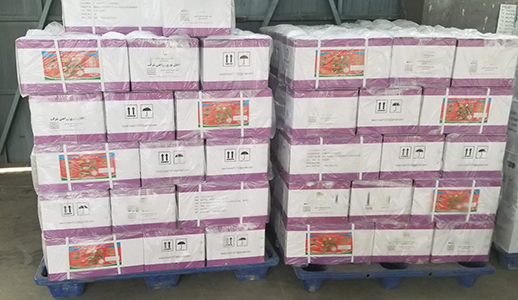 |
Precautions
- Application Environment: Herbicidal activity is higher when temperature and soil moisture conditions favor weed growth.
- Phytotoxicity Monitoring: Monitor for potential crop damage and take remedial actions if necessary.
- Safety: Wear protective gear during application to avoid contact with skin and eyes.
Development Trends
In recent years, with the continuous advancement of agricultural technology, herbicides are evolving towards higher efficiency, lower toxicity, and environmental friendliness. In the future, selective herbicides like Lactofen will focus more on minimizing the impact on non-target plants and the environment while enhancing weed control effectiveness.
<About Awiner Biotech>
